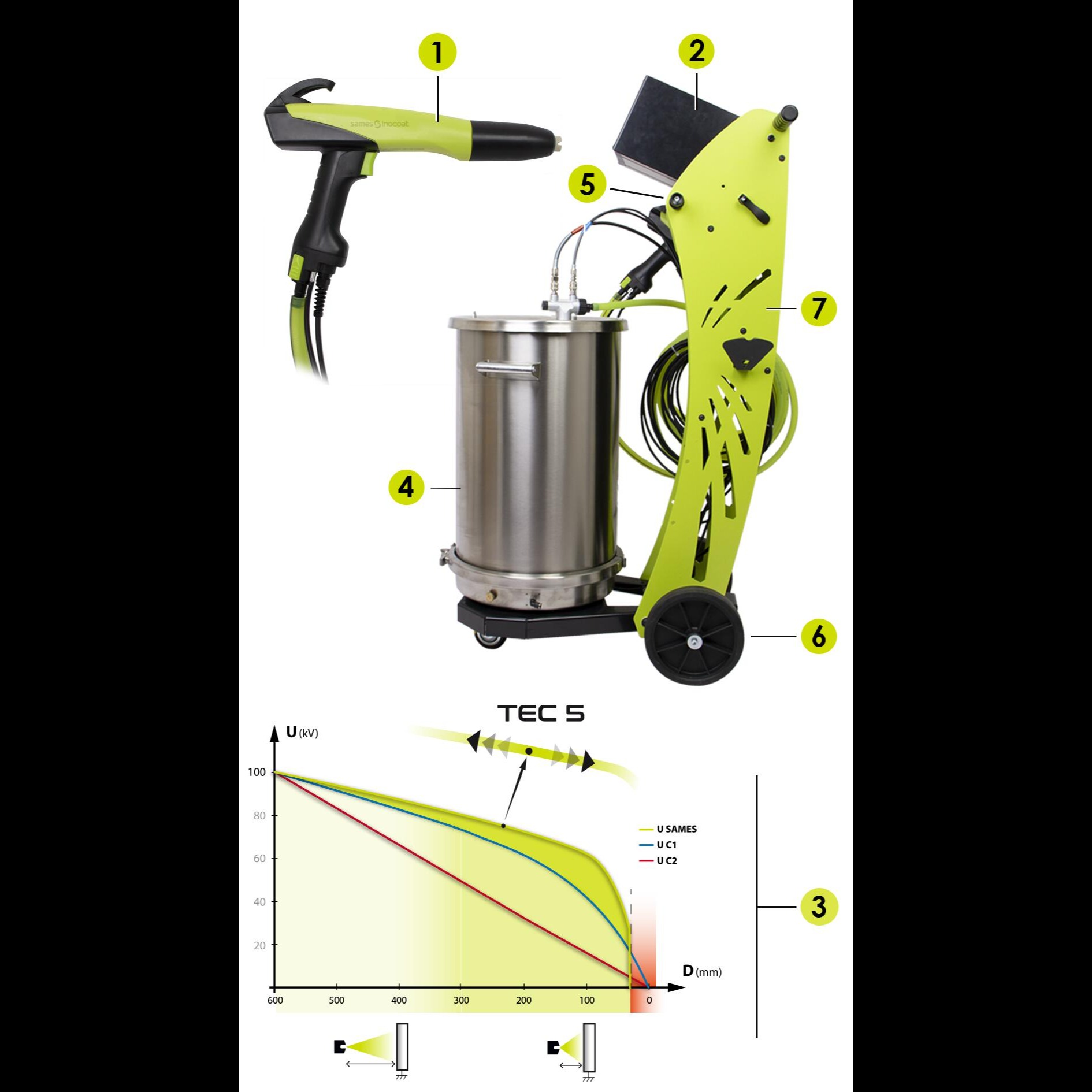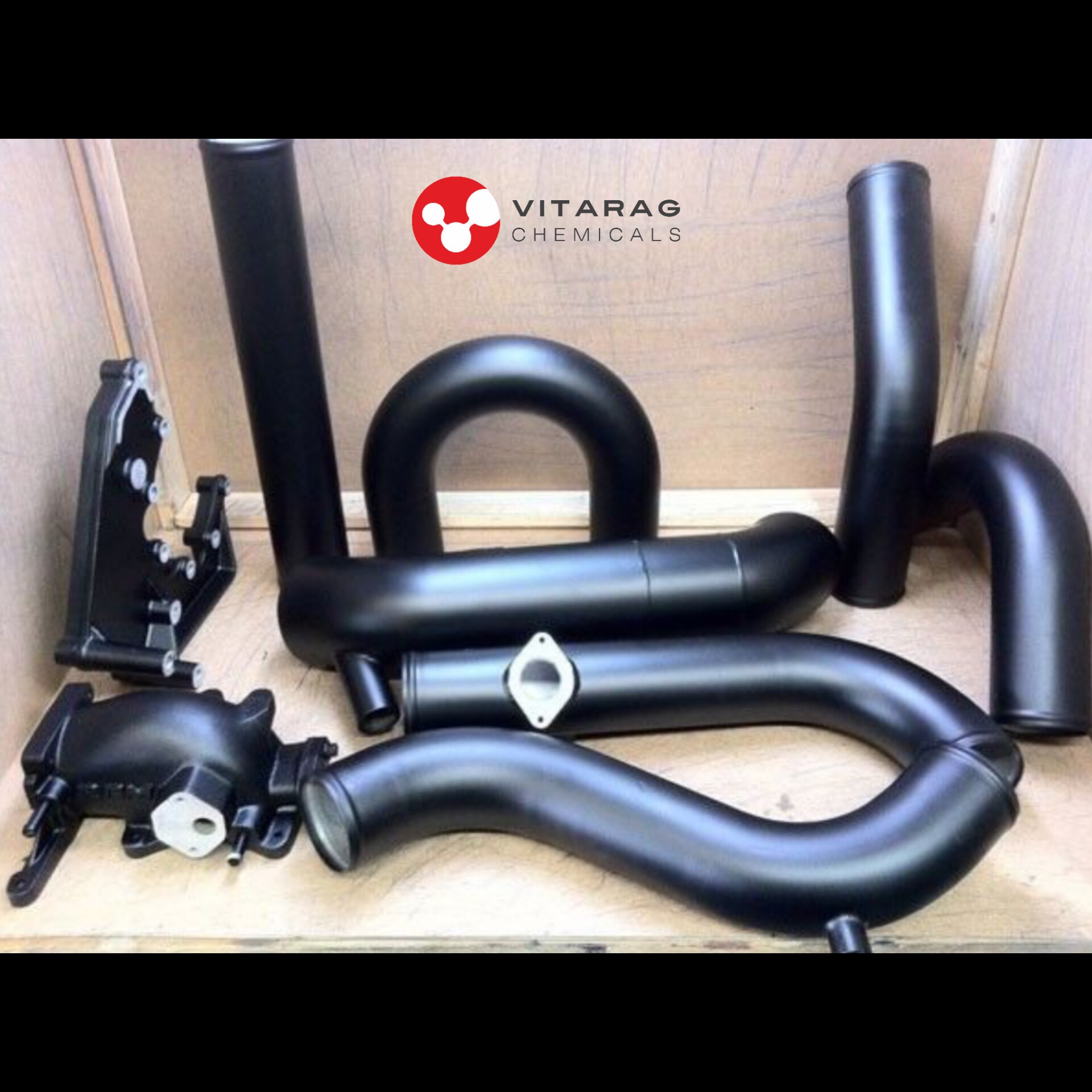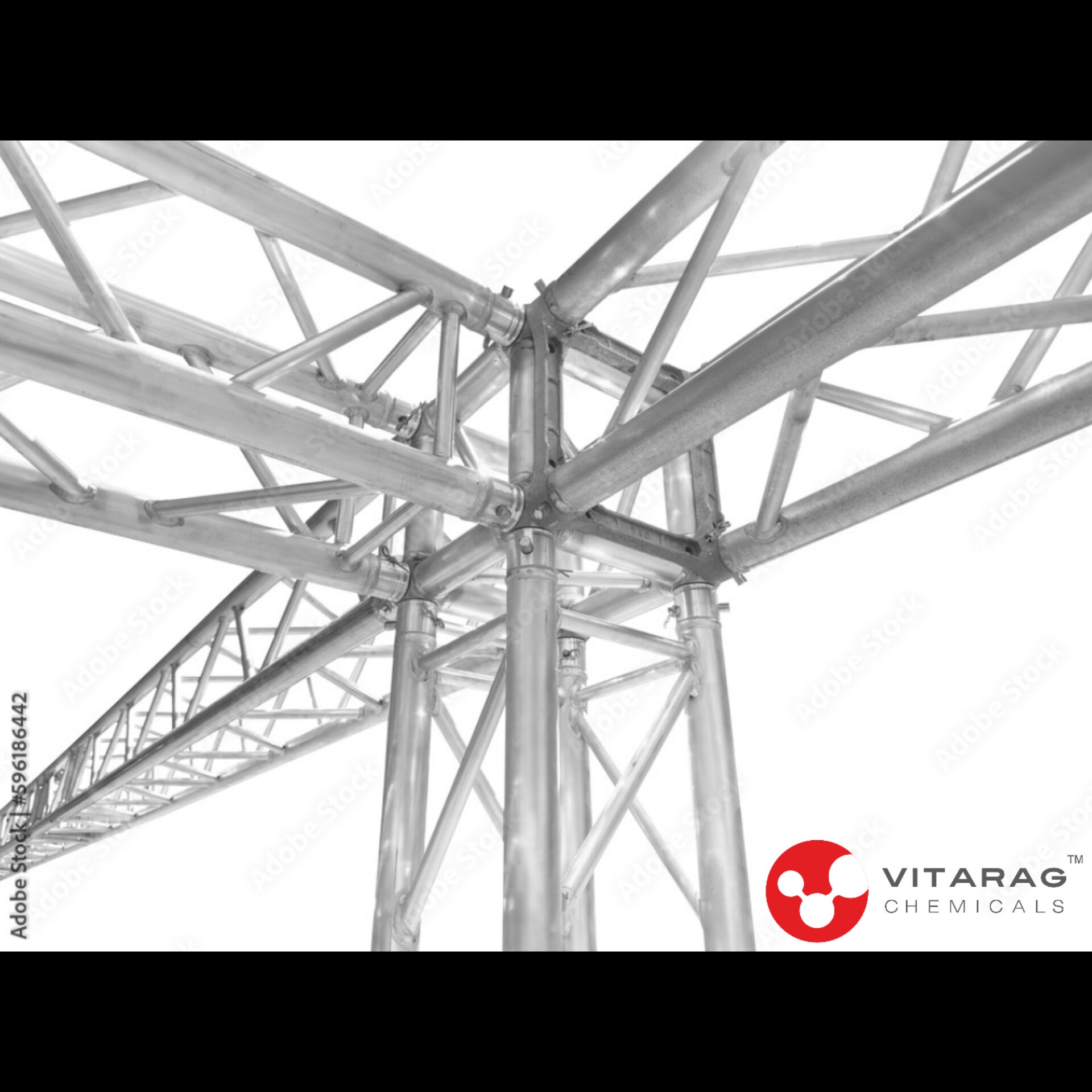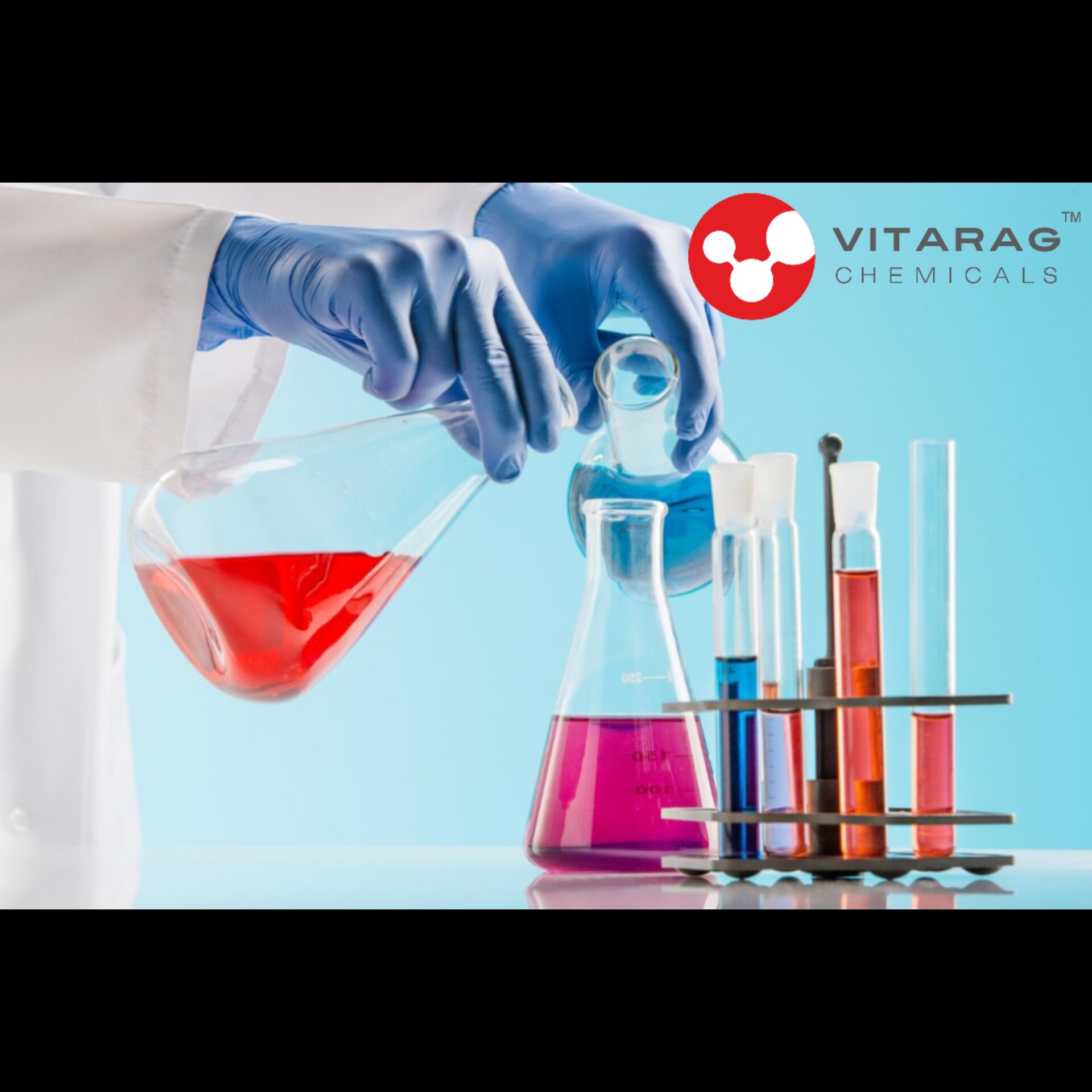
ZNP -54 PHOSPHATING
ZNP-54 phosphating refers to a specific type of phosphate coating process used primarily for steel surfaces. Phosphating is a surface treatment process that enhances corrosion resistance, provides a base for subsequent coatings (such as paint or lubricants), and can also reduce friction in metal-to-metal contacts. The "ZNP-54" designation typically refers to a particular formulation or specification of the phosphating process.
*What is Phosphating?
- Phosphating is a chemical process in which a metal surface is converted into a layer of insoluble crystalline phosphate. This layer provides several benefits, including:
1. Corrosion Resistance: The phosphate coating acts as a barrier to protect the metal from rust and other forms of corrosion.
2. Adhesion: It improves the adhesion of paints, coatings, and sealants applied over the treated metal.
3. Lubricity: The phosphate coating reduces friction, making it useful for parts that will undergo cold forming or drawing processes.
Keywords
2.
1.
base
rust
paint
layer
parts
barrier
friction
sealants
Adhesion
Lubricity
lubricants
other forms
cold forming
specification
metal surface
specific type
steel surfaces
metal contacts
chemical process
several benefits
drawing processes
ZNP-54 phosphating
subsequent coatings
phosphating process
ZNP-54" designation
corrosion resistance
particular formulation
phosphate coating process
surface treatment process
insoluble crystalline phosphate




